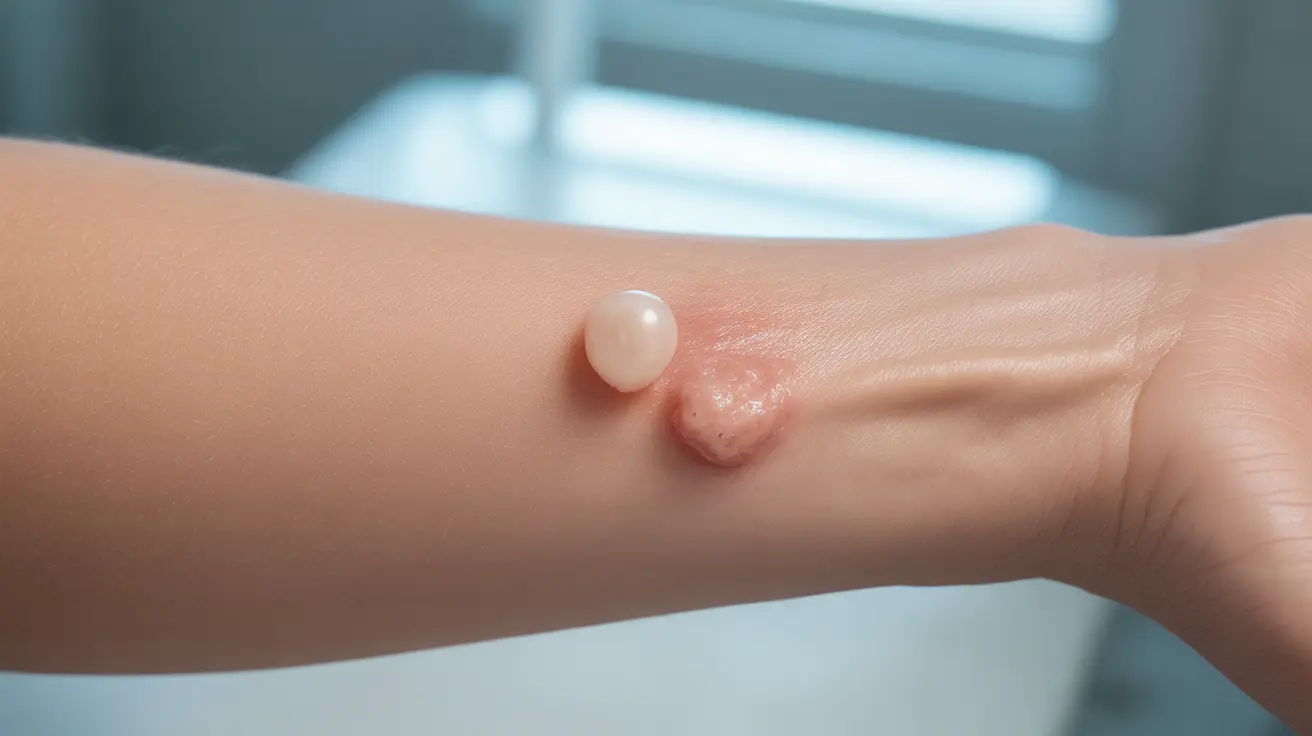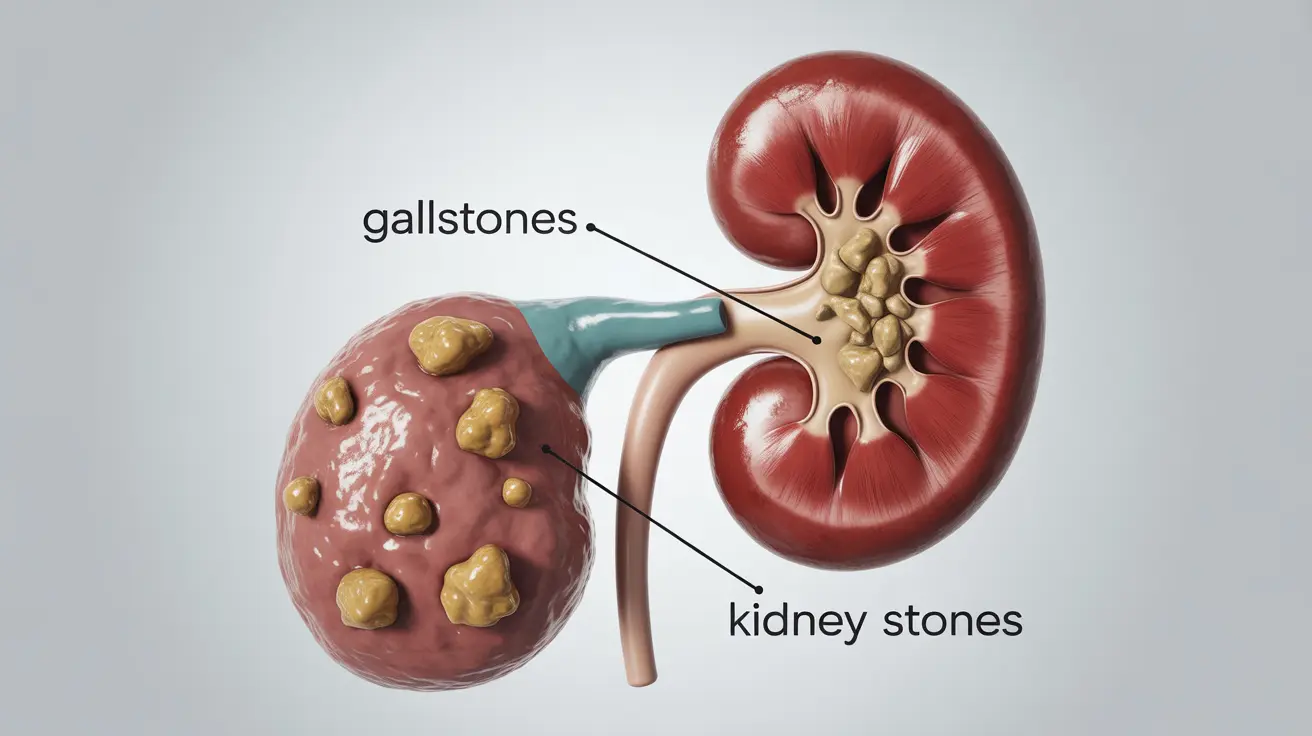Understanding Medicare coverage for hyperbaric oxygen therapy (HBOT) is crucial for beneficiaries seeking this specialized treatment. This comprehensive guide explores what Medicare covers, associated costs, and important considerations for those needing this therapeutic intervention.
HBOT involves breathing pure oxygen in a pressurized chamber, and while it's an effective treatment for various medical conditions, Medicare coverage is specific to certain approved diagnoses and circumstances.
Understanding Medicare Coverage for HBOT
Medicare Part B generally covers hyperbaric oxygen therapy when it's medically necessary and prescribed for approved conditions. Coverage typically includes both the therapy sessions and related physician services, but specific requirements must be met for Medicare to approve the treatment.
Approved Medical Conditions
Medicare maintains a strict list of covered conditions for HBOT, including:
- Diabetic wounds of the lower extremities
- Chronic non-healing wounds
- Radiation tissue damage
- Carbon monoxide poisoning
- Gas gangrene
- Certain types of infections
- Air or gas embolism
- Decompression sickness
Cost Considerations Under Medicare
Under Medicare Part B, beneficiaries are typically responsible for 20% of the Medicare-approved amount for hyperbaric oxygen therapy after meeting their annual deductible. The total out-of-pocket cost can vary depending on:
- Treatment duration
- Number of sessions required
- Facility charges
- Additional medical services needed
Additional Coverage Requirements
To ensure Medicare coverage for HBOT, patients must meet several criteria:
- Treatment must be deemed medically necessary
- Documentation of failed standard wound care when applicable
- Proper diagnostic testing and documentation
- Treatment from a Medicare-approved facility
Treatment Protocol and Authorization
Before beginning hyperbaric oxygen therapy, patients should understand the authorization process and treatment protocols. Medicare typically requires documentation showing that conventional treatments have been attempted before approving HBOT, especially for wound care cases.
Documentation Requirements
Healthcare providers must submit comprehensive documentation including:
- Detailed medical history
- Previous treatment attempts
- Wound measurements and progress photos (if applicable)
- Treatment plan and expected outcomes
- Regular progress updates
Benefits and Safety Considerations
While HBOT can be highly effective for approved conditions, patients should be aware of both its benefits and potential risks. The therapy's success often depends on following the prescribed treatment schedule and maintaining other aspects of medical care, such as proper wound care or diabetes management.
Frequently Asked Questions
Does Medicare cover hyperbaric oxygen therapy for all conditions? No, Medicare only covers HBOT for specific approved conditions, including diabetic wounds, radiation tissue damage, and certain types of infections. Coverage is limited to medical conditions where HBOT has been proven effective and is considered medically necessary.
How much does hyperbaric oxygen therapy cost under Medicare Part B? Under Medicare Part B, patients typically pay 20% of the Medicare-approved amount after meeting their annual deductible. The exact cost varies depending on the number of treatments needed and the facility charges.
What conditions are covered under Medicare for hyperbaric oxygen therapy? Medicare covers HBOT for specific conditions including diabetic wounds of the lower extremities, chronic non-healing wounds, radiation tissue damage, carbon monoxide poisoning, gas gangrene, certain infections, air or gas embolism, and decompression sickness.
Do I need prior authorization for hyperbaric oxygen therapy under Medicare? Yes, prior authorization is typically required for HBOT under Medicare. Your healthcare provider must submit documentation proving medical necessity and demonstrating that other standard treatments have been attempted when applicable.
What are the benefits and risks of using hyperbaric oxygen therapy for diabetic wounds? Benefits include improved wound healing, increased oxygen delivery to damaged tissues, and potential prevention of amputation. Risks may include ear pressure changes, temporary vision changes, and fatigue. The therapy is generally safe when administered by qualified professionals in approved facilities.




